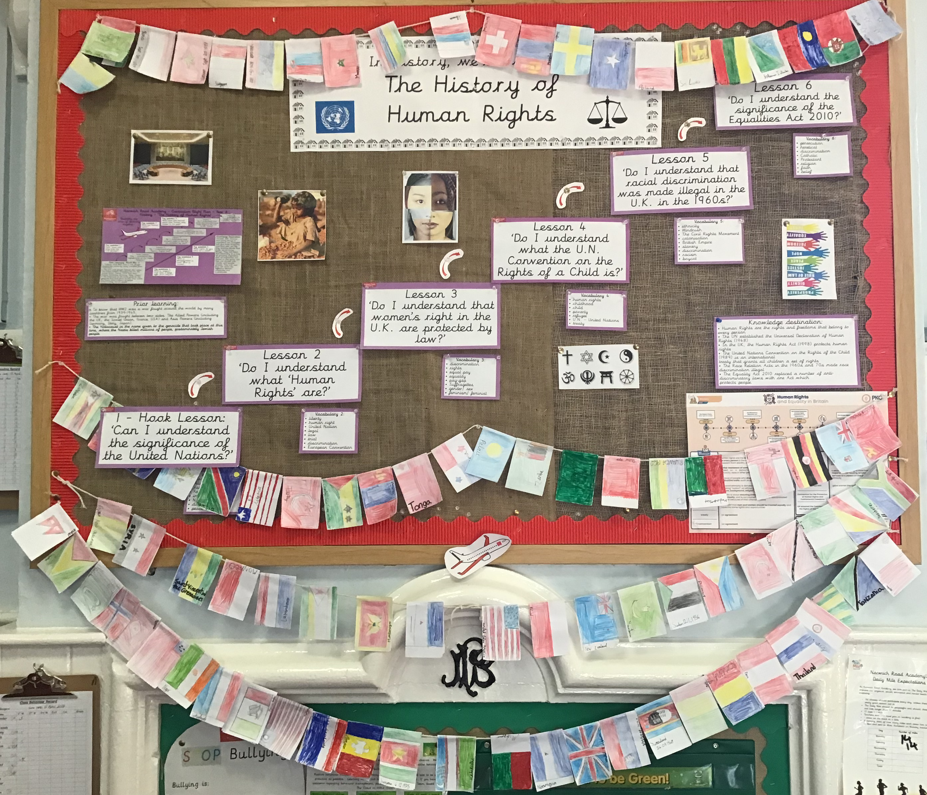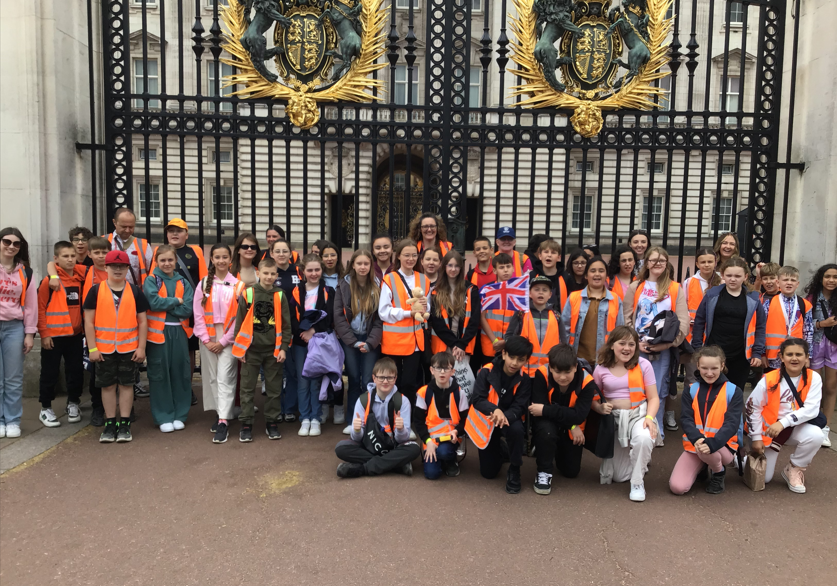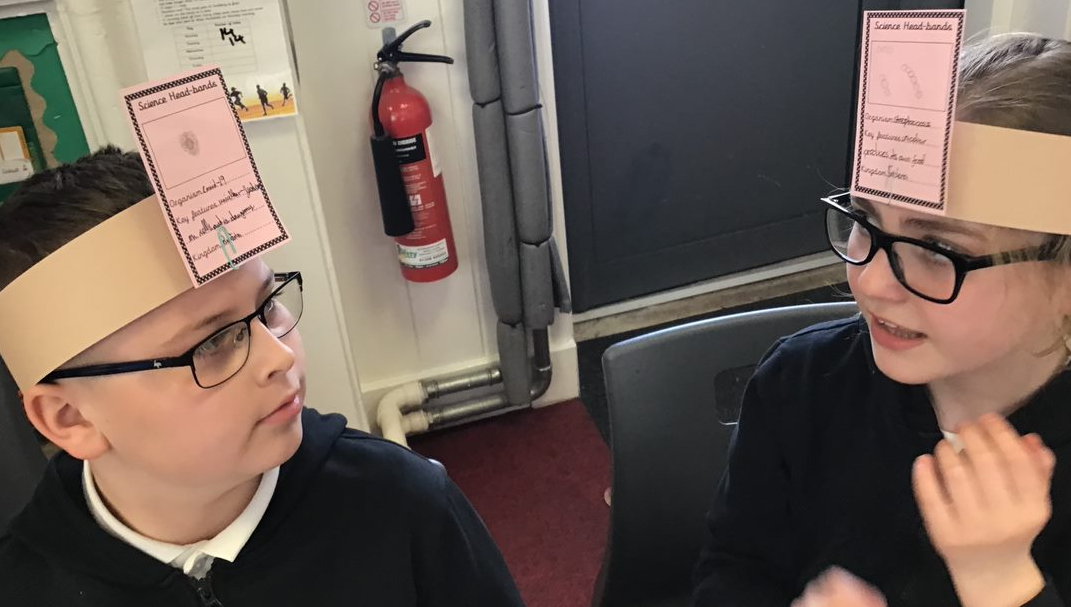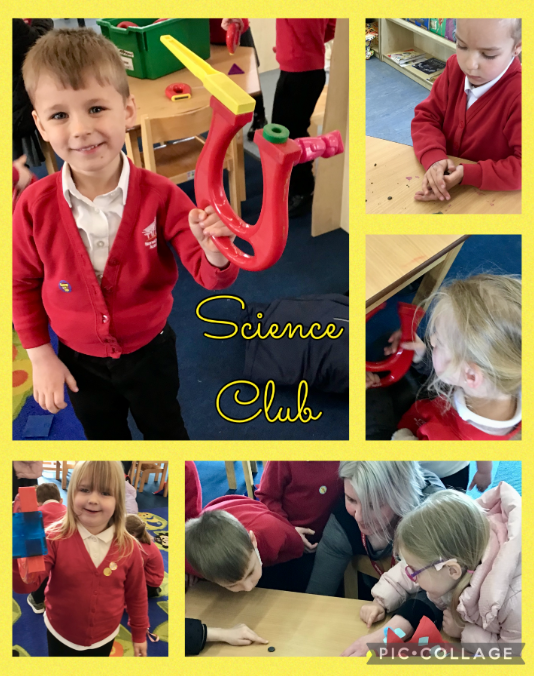Curriculum
Our Intent (What do we want our curriculum to do?)
At Norwich Road Academy, we have designed our curriculum with the intent that our pupils will have the foundations to become successful adults. We motivate them to be the very best so that they can be confident communicators, global citizens, take opportunities to extend their horizons and develop the resilience to overcome any obstacles in life.

Our Academy values are central to our vision:
Empower – Motivate – Aspire – Transform – Be Proud – Connect
Aim
We aim for our pupils to aspire to a range of careers and personal interests in the future, and endeavour to ensure that they gain knowledge and skills across all subjects. We have designed our curriculum to cover not only the statutory aspects of the National Curriculum, but also to take account of their local heritage. The curriculum is enriched in a variety of ways: trips; visitors; real world contexts; innovative, stimulating and inspiring experiences; cross-curricular links; purposeful use of the environment as well as pupil and staff collaboration.
Our curriculum is a thread in everything we do here. We consider cross-curricular links to make learning meaningful for pupils and build these into learning. The acquisition of knowledge and the skills to discuss and share this is essential. The development of language is important. We enable our pupils to be proficient communicators, regardless of their starting points or backgrounds.
Our curriculum at Norwich Road Academy is designed to provide a broad and balanced education that meets the needs of all children. It provides opportunities for children to develop as independent, aspirational, confident and successful learners, who know how to make a positive contribution to their community and wider society. The curriculum considers the whole child. It includes physical development as well as well-being and mental health, and ensures that key elements such as creativity, academic success, problem-solving, responsibility and resilience support the development of the whole child and a positive attitude to learning.
We celebrate diversity here and utilise the skills, knowledge and cultural wealth of our community while supporting children’s spiritual, moral, social and cultural development. We want to ensure that young people are well-prepared for life in modern Britain.
Our Implementation (How is our curriculum planned?)
Children in the Early Years Foundation Stage are taught using the EYFS framework with an emphasis on developing key skills, knowledge and understanding through direct teaching and purposeful play. The statutory National Curriculum is taught across Key Stages 1 and 2 through a range of evidence-based curriculum resources and approaches.
Our curriculum is designed with knowledge at its heart to ensure that children develop a strong vocabulary base and understanding of the world. The curriculum promotes long-term learning, and we believe that progress means knowing more and remembering more.
Our Curriculum is a knowledge rich curriculum. A knowledge-rich curriculum exposes children to ambitious content that has been highly specified and well-sequenced, leaving nothing to chance. Within schools, time is limited, and a knowledge-rich curriculum ensures that each moment will support children in acquiring the knowledge, skills and cultural capital that they will need to become well-educated citizens of the future.
Our curriculum is organised so that learning builds year on year, providing a ‘spiralling’ curriculum where children are taught key facts, significant skills and relevant vocabulary which will broaden their knowledge and enrich their learning experiences. Bruner (1961) states that the purpose of education is not to impart knowledge, but instead to facilitate a child’s thinking and problem-solving skills which can then be transferred to a range of situations. At the start of each new topic, knowledge organisers are created for children and parents. These outline key facts and vocabulary which can be used as an introduction to each new topic and a point of reference enabling parents to support their child’s learning experience. These will be shared with parents and will also be available on the school’s website.
Our curriculum provides learning beyond the classroom and across society. Partnerships with outside groups, as well as educational visits, help to enhance the delivery of the curriculum. Throughout the curriculum there are carefully planned opportunities and experiences to learn within the local area.
Through focussing learning on a series of diverse topics, key curriculum requirements can be embedded to motivate pupils to develop a love for learning, enabling them to continue their learning outside the classroom. Linking learning to local, national and international themes develops tolerance in accepting different opinions, while raising personal aspirations and expectations. Through quality teaching of knowledge, skills and vocabulary across core and foundation subjects, all children will be challenged to be inquisitive, compassionate, courageous and creative learners.
Norwich Road Academy Curriculum Enrichment Road Map
Throughout their journey at Norwich Road Academy children will participate in a wide range of enrichment opportunities. This will ensure they have a rich and full learning experience, making learning an irresistible adventure and providing a strong basis for future learning and life skills. Our Enrichment Road Map demonstrates the types of activities all children participate in during their time at Norwich Road Academy. In addition to this, the academy participates in a wide range of local events. (see map below)


Phonics
Phonics is taught daily following Little Wandle Phonics scheme. Our progression materials demonstrate the sequence and expectation for teaching and the phonic phases. It is our intention that every child who is able to, at the end of Year 1, will pass the national phonics check and those who are unable to will continue to receive support across the key stages until they are able to read confidently.
English
English is taught following the Talk 4 Writing Scheme. Talk for Writing, developed by Pie Corbett and Julia Strong, is based on the principles of how children learn. It enables children to imitate the language they need orally before reading, analysing and then using the language to develop and write their own independent version.
Maths
Maths is taught using the mastery approach. Teachers use White Rose as the basis of their teaching, along with various materials from NCETM (National Centre for Excellence in the Teaching of Mathematics)
Primary Knowledge Curriculum
As a member of the Eastern Multi Academy Trust family, we have adopted the Primary Knowledge Curriculum which advocates the sequential building blocks of Knowledge in Science, Geography, History, Art and Design Technology. This is a knowledge-rich curriculum that exposes our children to ambitious content that has been highly specified and well-sequenced to support children in acquiring the knowledge, skills and cultural capital that they will need to become well-educated citizens of the future. Where children are in a mixed age class, units are covered within a cycle.

The Wider Curriculum
Wider curriculum subjects also have an important place within our curriculum plan. Computing and Music (Charanga scheme) have all been allocated time within our timetables. PSHE is taught via the use of ‘Kapow’ this is used as a resource to support and underpin our values system, along with Norfolk SACRE RE syllabus. PE (Get Set for PE) is taught in two discreet lessons along with the opportunity for the 'Daily Mile.'
PSHE
Beyond the academic learning that we wish our pupils to enjoy, our school places huge importance on its pastoral curriculum – one which aims to ensure they are emotionally intelligent and safe behaviour in their daily interactions in school and beyond. Our children become independent learners and supportive members of our academy. Responsibilities include:
-Lunchtime helping hands
-Peer Mediators
-House Captains
Relationships, Sex and Health Education
As a statutory aspect of the school’s pastoral curriculum, this has been based upon a local authority Curriculum document but tailored to meet the needs of our pupils and in conjunction with the feedback of school stakeholders.
Curriculum Mantra
We have a simple mantra for teaching in all lessons. The students and staff all use the same 11 point list as a guide for their lessons. This mantra provides children with the opportunity to recap prior knowledge and develop new knowledge.
- Children enter the room ready for learning, resources are set out for the lesson and, where applicable, an activity is available to settle the children.
- The curriculum is our progress model; we know that students have made progress when they have learnt, over time, the core knowledge from the lessons. We ensure this is done through our A4L quizzes, termly assessments and a longer piece of writing.
- Our lessons begin with the chance to re-cap on prior learning through quizzing, questioning and brief discussions and reinforcement of concepts and vocabulary.
- We share the language of learning; “My Turn, Your Turn” for the class to pay attention and listen to the pronunciation of new vocabulary, before repeating it back themselves in a choral class response.
- We ensure that the questions we ask are rephrased each time, so that children can think and apply their knowledge in different ways and ensure security.
- We use the ‘cold calling’ technique and give children thinking time after a question, before saying the name of the child we would like to answer. Using this no hands-up questioning approach means all children need to be ready and paying attention.
- Children should respond to question in full sentences. Teachers to model if required.
- Student work is well presented with titles and date underlined neatly.
- All lessons include an element of written work, usually a high-leverage short paragraph answer, which makes use of the vocabulary that the children have learnt in that lesson.
- We finish our lessons with a recap of key knowledge and understanding.
Impact (How do we know are curriculum is having the desired effect?)
At Norwich Road Academy, we ensure that the children are regularly assessed against the relevant frameworks across the breadth of the curriculum. There is a regular half-termly cycle of monitoring and assessment which is analysed and utilised for identifying knowledge gaps. Following this, the teachers meet with members of the leadership team to discuss each pupil’s progress to find out the reasons behind their current attainment, enabling the school to provide interventions and any necessary support.

All staff are responsible for the effective implementation of our curriculum.
Mrs Julieanne Purvis, Deputy Principal, is the central point of reference for curriculum at Norwich Road Academy.
